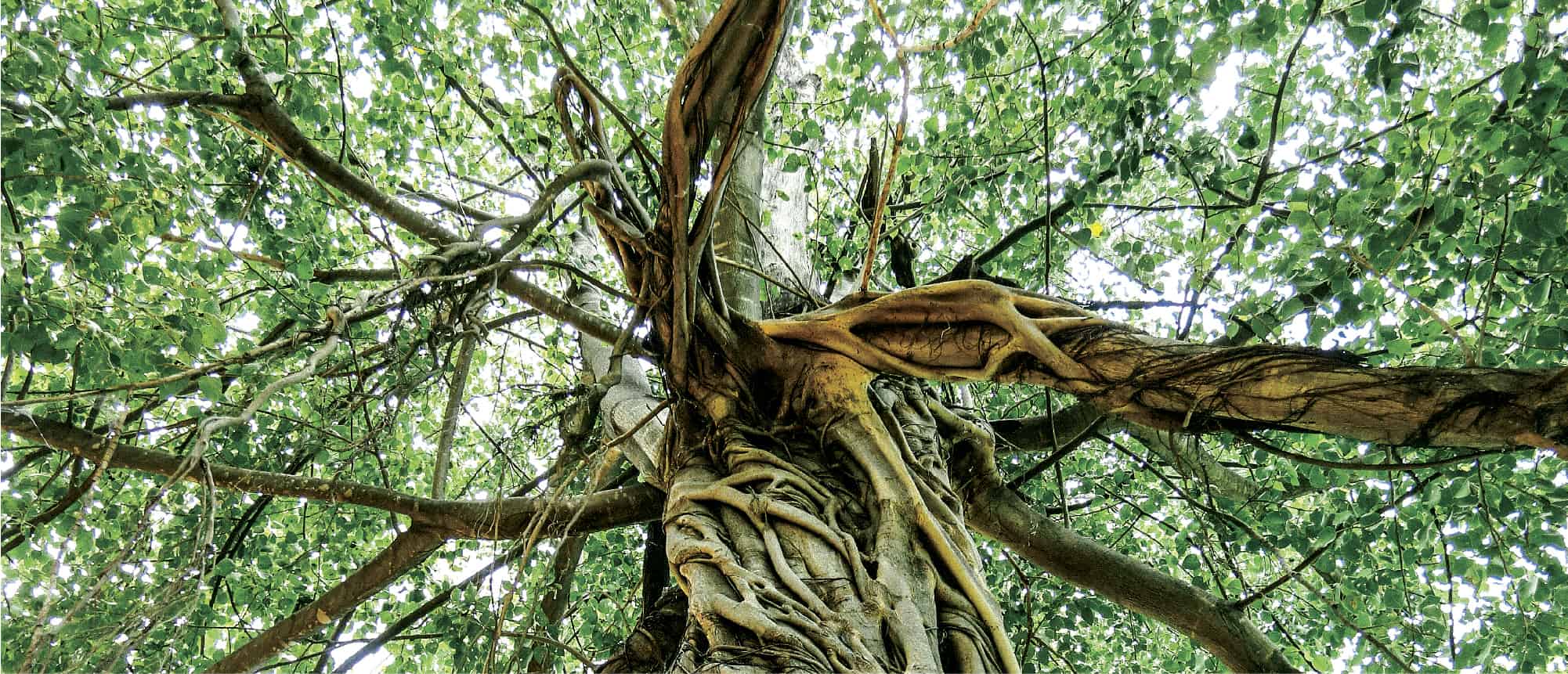We all recognize the utmost importance of our health. We aspire to feel better, to live a better life and to grow stronger rather than weaker.
Many times during my work with patients, I witness their struggle as reality demands they change their diet or lifestyle, but they are reluctant to leave their comfort zone.
The fear of losing control holds people back from changing. The attempt to manage our lives from within a never-changing fortress goes against the basic law of nature which dictates that everything is ever-changing.
If we embrace the notion that change is a gift given to us, we’ll be able to use it to awaken our drive for life, to truly answer our heart’s desires. The changes in our lives teach us to trust this forward movement. It helps us realize that reality directs us forward, into a higher state of awareness. The more we embrace this approach in regards to change, the better we’ll be able to look at the bigger picture and strengthen our will and faith.
I believe that each change we create in our lives is an expression of new insight, clear to us through a higher level of awareness. Each change I’ve made reflected my new insight. Whenever I allow a change to take place, I witness a thought come to life
The Force of Habit
Habits have the power to shape our lifestyle and bring about true change. We all have numerous habits, some of them are positive and empowering, while others weaken us on the physical and mental levels.
A good habit is a healthy one, that empowers us and makes us happy, clarifies our mind and helps us become stronger. Good habits such as working out, drinking a superfood shake in the morning, experiencing nature, going to sleep early or meditating are good practices that will bring about positive change.
On the other hand, other habits slowly drain away the body and mind, drive us to self-destruct, make us give up on ourselves and blind us to our deepest needs. The bad habit becomes an addiction; even when we know that something is harmful to us it is not easy to give it up. Addiction to coffee, work, sugar, alcohol, cigarettes, television, smartphones and computers is the same as if a demon has taken possession of us. It takes tremendous strength to exorcise it from our lives and take control again. Many habits grant us a moment of pleasure and distraction, but it is important to acknowledge that they serve no meaning to us. They mostly compensate for unfulfilled needs, but they don’t actually satisfy those needs. These bad habits stem from confusion, fear or stress. It takes great mental strength and will to confront them.
Sometimes these habits are so deeply ingrained that we don’t even realize that we have other options. We remain in our comfort zone, unmotivated to change. While working with patients I’ve unfortunately discovered that the will to break a habit usually stems from a trauma such as great pain or a serious illness. It is the body’s way of signaling that the bad habit must be broken because it cannot go on any longer. Eliminating bad habits and forming good ones is the cornerstone of preventive medicine. Habits that contribute to our physical and mental well-being strengthen us and form the basis on which we can reach self-fulfillment.
It is important to remember that we are responsible for our change, and that the moment we make the decision, we have at our disposal the ability to tap into a wealth of natural resources – the energy of life (prana), sunlight, the connection to the earth, medicinal foods, the sense of belonging and feeling loved, physical exercise, inspiration, creative expression and a scared space for prayer.

